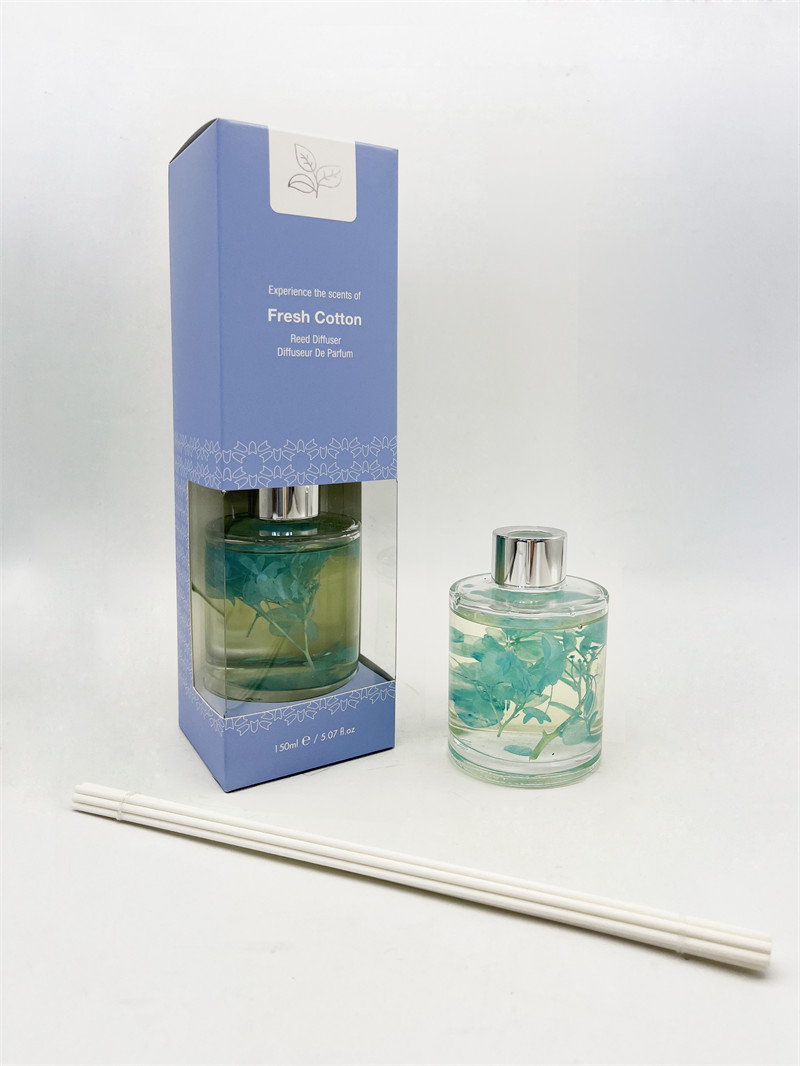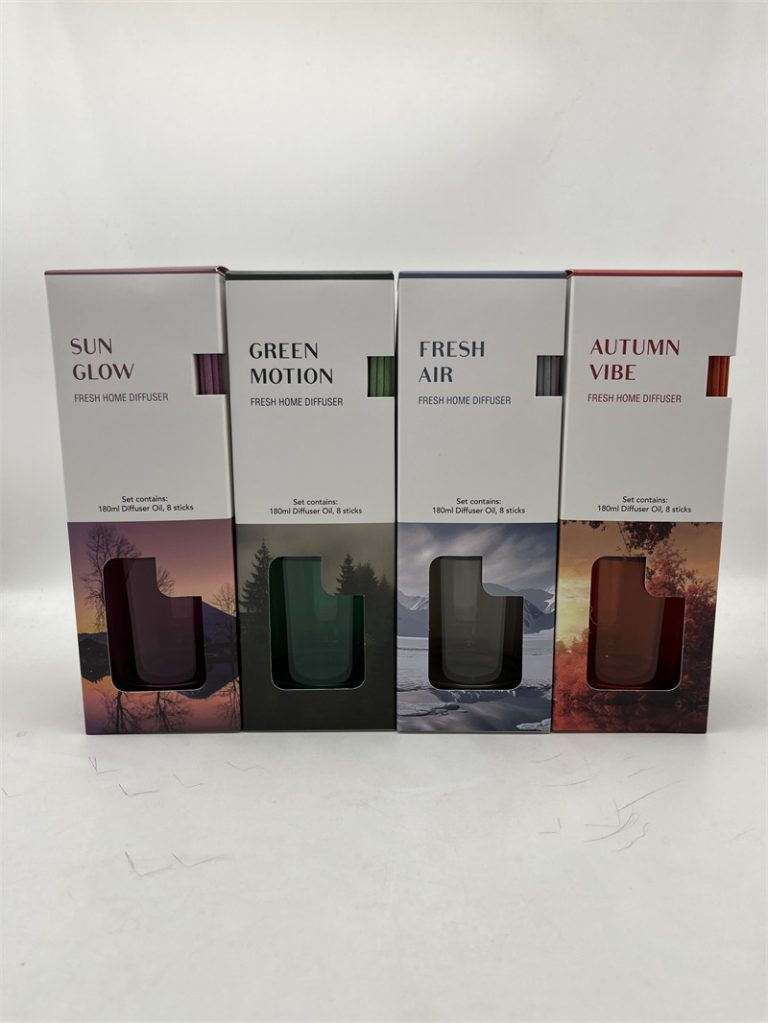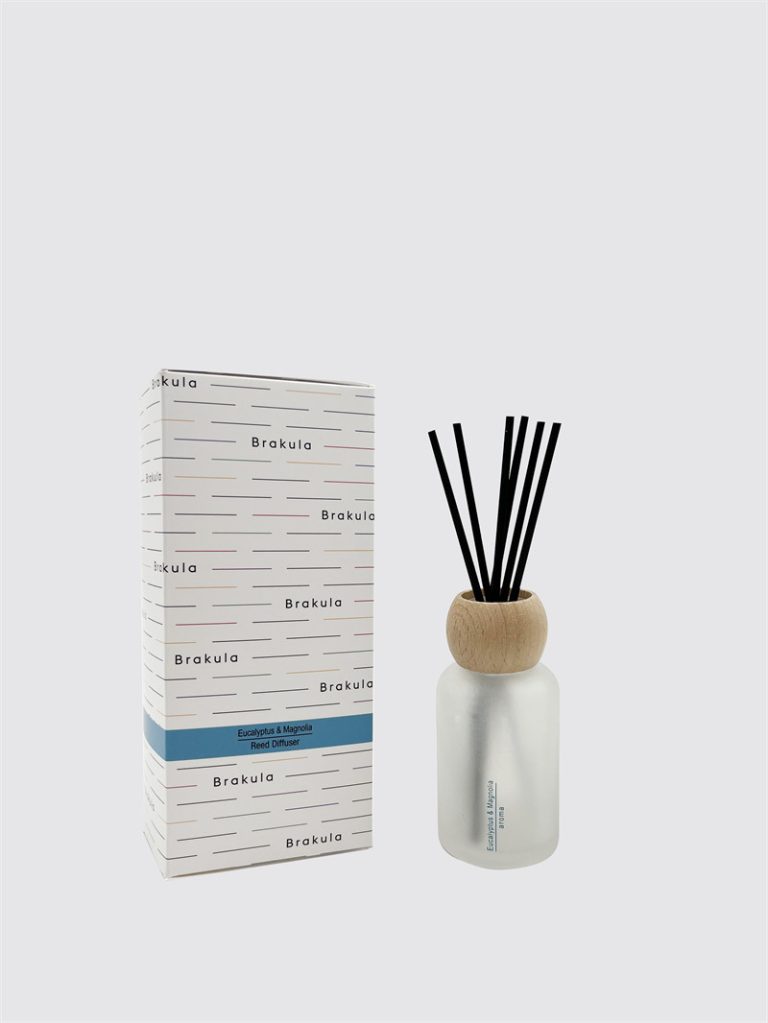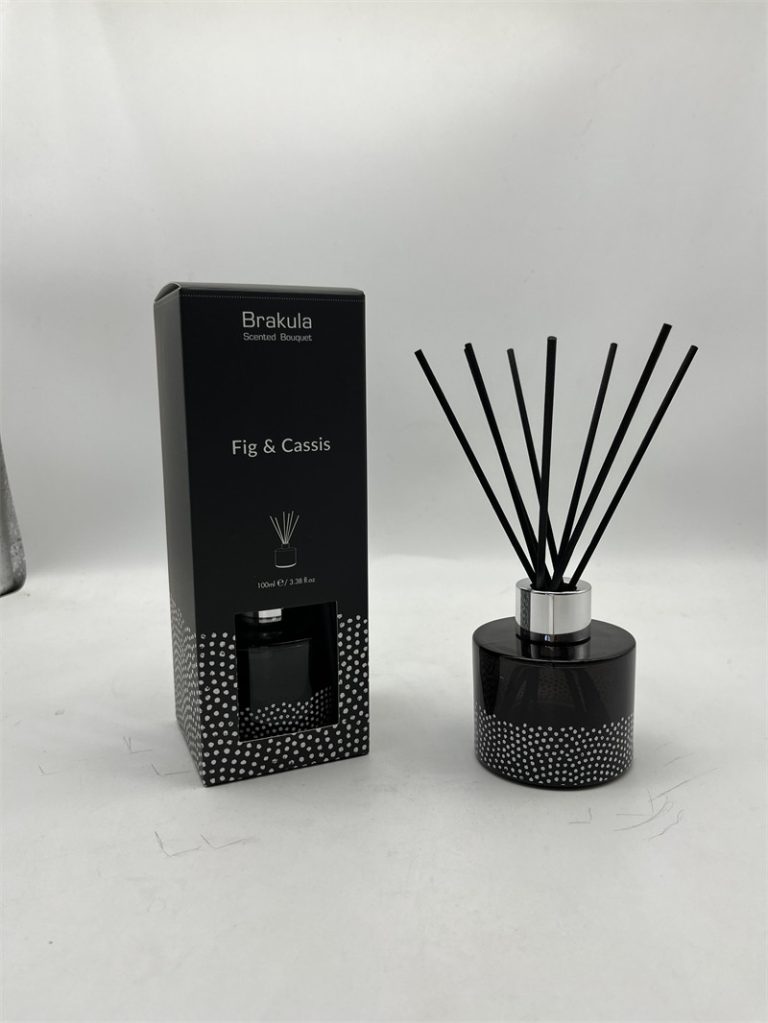Table of Contents
Lavender Essential Oil: Calming Effects on PTSD Symptoms
Lavender essential oil has garnered significant attention for its potential therapeutic benefits, particularly in alleviating symptoms associated with post-traumatic stress disorder (PTSD). This oil, derived from the flowers of the Lavandula angustifolia plant, is renowned for its calming and soothing properties, making it a popular choice among individuals seeking natural remedies for anxiety and stress-related conditions. The calming effects of lavender essential oil can be attributed to its unique chemical composition, which includes compounds such as linalool and linalyl acetate. These constituents are known to interact with the body’s limbic system, the region of the brain that plays a crucial role in regulating emotions and stress responses.
Research has shown that inhaling lavender essential oil can lead to a reduction in anxiety levels and an improvement in overall mood. For individuals suffering from PTSD, who often experience heightened states of anxiety and emotional distress, the inhalation of lavender can provide a sense of immediate relief. This is particularly important, as PTSD symptoms can be triggered by various stimuli, leading to overwhelming feelings of fear and helplessness. By incorporating lavender essential oil into their daily routines, individuals may find a natural way to manage these symptoms, promoting a greater sense of calm and stability.
Moreover, lavender essential oil is often used in aromatherapy, a practice that involves the use of essential oils to enhance physical and emotional well-being. When diffused in a room or added to a warm bath, lavender can create a serene environment conducive to relaxation. This is especially beneficial for those with PTSD, as creating a safe and calming space can help mitigate feelings of anxiety and promote a sense of security. Additionally, the ritual of using lavender essential oil can serve as a grounding technique, allowing individuals to focus on the present moment and reduce the impact of intrusive thoughts or flashbacks.
In addition to its calming effects, lavender essential oil has been studied for its potential to improve sleep quality. Sleep disturbances are common among individuals with PTSD, often exacerbating symptoms and hindering recovery. The sedative properties of lavender can help facilitate a more restful night’s sleep, allowing individuals to wake up feeling more refreshed and better equipped to face the challenges of the day. By promoting relaxation and improving sleep, lavender essential oil can play a vital role in the overall management of PTSD symptoms.
Furthermore, the versatility of lavender essential oil allows for various methods of application, including topical use and incorporation into massage therapy. When diluted with a carrier oil and applied to the skin, lavender can provide localized relief from tension and stress. This multifaceted approach to using lavender essential oil makes it an accessible option for individuals seeking to alleviate the impacts of PTSD in their daily lives.

In conclusion, lavender essential oil stands out as a promising natural remedy for those grappling with the effects of PTSD. Its calming properties, ability to enhance sleep quality, and versatility in application make it a valuable tool in the management of anxiety and emotional distress. While it is essential to approach PTSD treatment holistically and consider professional guidance, the incorporation of lavender essential oil may offer individuals a gentle yet effective means of finding relief and fostering a sense of peace amidst the challenges they face.
Frankincense Essential Oil: Reducing Anxiety and Stress
Frankincense essential oil has garnered significant attention in recent years for its potential therapeutic benefits, particularly in the context of mental health. Among its various applications, one of the most compelling is its ability to reduce anxiety and stress, which are often prevalent in individuals experiencing post-traumatic stress disorder (PTSD). Derived from the resin of the Boswellia tree, frankincense has been utilized for centuries in traditional medicine and spiritual practices, and modern research is beginning to validate its efficacy in promoting emotional well-being.
https://reedaromalab.com/tag/cheapest-room-sprays-china-exporterThe chemical composition of frankincense essential oil is rich in compounds such as alpha-pinene, limonene, and boswellic acids, which are believed to contribute to its calming effects. These compounds interact with the brain’s limbic system, a region that plays a crucial role in regulating emotions and stress responses. By modulating neurotransmitter activity, frankincense may help to alleviate feelings of anxiety and promote a sense of tranquility. This is particularly beneficial for individuals with PTSD, who often experience heightened levels of stress and anxiety as a result of their traumatic experiences.
In addition to its direct effects on anxiety, frankincense essential oil is also known for its anti-inflammatory properties. Chronic inflammation has been linked to various mental health disorders, including PTSD. By reducing inflammation in the body, frankincense may indirectly support mental health, creating a more favorable environment for emotional healing. This dual action—addressing both psychological and physiological aspects—makes frankincense a unique and valuable tool in the management of PTSD symptoms.
Moreover, the aromatic qualities of frankincense contribute to its effectiveness as an essential oil. The scent of frankincense is often described as warm, earthy, and slightly sweet, which can evoke feelings of comfort and safety. Aromatherapy, the practice of using essential oils for therapeutic purposes, can be particularly beneficial for individuals with PTSD. Inhaling the soothing aroma of frankincense may help to ground individuals during moments of distress, providing a sensory anchor that can facilitate relaxation and emotional regulation.
Incorporating frankincense essential oil into a daily routine can be achieved in various ways. Diffusing the oil in a space can create a calming atmosphere, while topical application—when diluted with a carrier oil—can provide localized relief and promote a sense of well-being. Additionally, adding a few drops of frankincense oil to a warm bath can enhance relaxation, allowing individuals to unwind and reflect in a serene environment. These practices not only foster a sense of calm but also encourage mindfulness, which is an essential component of managing PTSD.
While frankincense essential oil shows promise in alleviating anxiety and stress associated with PTSD, it is important to approach its use as a complementary therapy rather than a standalone treatment. Individuals experiencing PTSD should consult with healthcare professionals to develop a comprehensive treatment plan that may include therapy, medication, and lifestyle changes. Nevertheless, the incorporation of frankincense essential oil can serve as a valuable addition to this holistic approach, offering a natural means to support emotional health and resilience.
In conclusion, frankincense essential oil stands out as a potent ally in the quest to lessen the impacts of PTSD. Its ability to reduce anxiety and stress, combined with its anti-inflammatory properties and soothing aroma, makes it a multifaceted tool for emotional healing. As research continues to explore the benefits of essential oils, frankincense remains a promising option for those seeking relief from the burdens of trauma.
Bergamot Essential Oil: Enhancing Mood and Emotional Well-Being
Post-Traumatic Stress Disorder (PTSD) is a mental health condition that can develop after experiencing a traumatic event. Symptoms of PTSD can include flashbacks, nightmares, severe anxiety, and uncontrollable thoughts about the event. While there are various treatment options available for individuals with PTSD, some people turn to alternative therapies such as essential oils to help manage their symptoms.
| Name | Scent Diffuser |
| Material | Customized |
| Suitable for | Garage |
| Scents | Purple Lily, Rose & Violet |
| Capacity | 400ml |
| Color | Purple |
| Origin | China Manufacturer |
| Duration | 1 year |
One essential oil that has gained attention for its potential benefits in lessening the impacts of PTSD is bergamot essential oil. Bergamot oil is derived from the peel of the bergamot orange, a citrus fruit that is grown primarily in Italy. This essential oil is known for its uplifting and calming properties, making it a popular choice for those looking to improve their mood and emotional well-being.
Air Freshener Customization
Bergamot essential oil is believed to have a positive impact on mood due to its ability to stimulate the release of certain neurotransmitters in the brain, such as serotonin and dopamine. These neurotransmitters are known to play a role in regulating mood and emotions, and low levels of serotonin and dopamine have been linked to conditions such as depression and anxiety.
In addition to its mood-enhancing properties, bergamot essential oil is also thought to have a calming effect on the nervous system. This can be particularly beneficial for individuals with PTSD, as it may help to reduce feelings of anxiety and promote a sense of relaxation. By inhaling the aroma of bergamot oil or applying it topically, individuals may experience a sense of peace and tranquility that can help to alleviate some of the symptoms associated with PTSD.
One study published in the journal Complementary Therapies in Clinical Practice found that inhaling bergamot essential oil for just 15 minutes was effective in reducing feelings of anxiety and improving mood in participants. This suggests that bergamot oil may be a valuable tool for individuals looking to manage their symptoms of PTSD in a natural and non-invasive way.
It is important to note that while bergamot essential oil may offer some benefits for individuals with PTSD, it should not be used as a substitute for traditional treatments such as therapy or medication. Essential oils are not regulated by the FDA and may not be suitable for everyone, so it is important to consult with a healthcare provider before incorporating bergamot oil into your treatment plan.
In conclusion, bergamot essential oil has the potential to enhance mood and emotional well-being in individuals with PTSD. Its uplifting and calming properties make it a valuable tool for managing symptoms of anxiety and promoting relaxation. While more research is needed to fully understand the effects of bergamot oil on PTSD, preliminary studies suggest that it may offer some benefits for those looking to improve their mental health. If you are considering using bergamot essential oil as part of your treatment plan for PTSD, be sure to consult with a healthcare provider to ensure that it is safe and appropriate for your individual needs.






